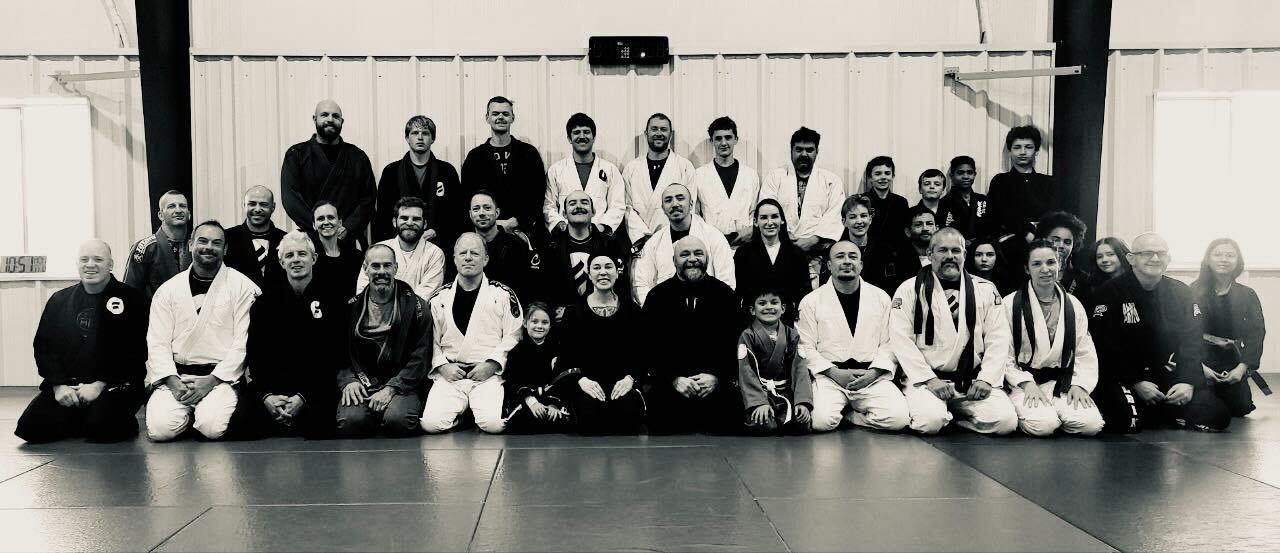SOLFLO Jiu Jitsu is Closing Effective May 31st 2025
SOLFLO will be closing its doors on May 31, 2025. Until then, our current schedule remains unchanged. We’re committed to continuing your Jiu Jitsu journey and are excited to transition our community to Vibrant Jiu Jitsu, led by Professor Cameron Cordova—black belt under Renzo Gracie and John Danaher. Cameron comes highly recommended by the SOLFLO team and has graciously offered all SOLFLO students a free week or 30 days for $30, with the option to match existing SOLFLO pricing, including discounts.
Our coaches, including myself and Professor Ryan, will remain actively involved at Vibrant Jiu Jitsu to ensure a seamless transition. We invite you to continue training with us or reach out with any questions. For more info or to enroll, please contact Cameron at 720-561-0867 or VibrantJiuJitsu@gmail.com. Thank you for being part of the SOLFLO family—we hope to see you on the mats at Vibrant!
From the bottom of our hearts, thank you to every student, parent, coach, and supporter who helped make SOLFLO what it is. This community has been more than a gym—it’s been a family. Your energy, dedication, and support have created something truly special, and we are forever grateful.

